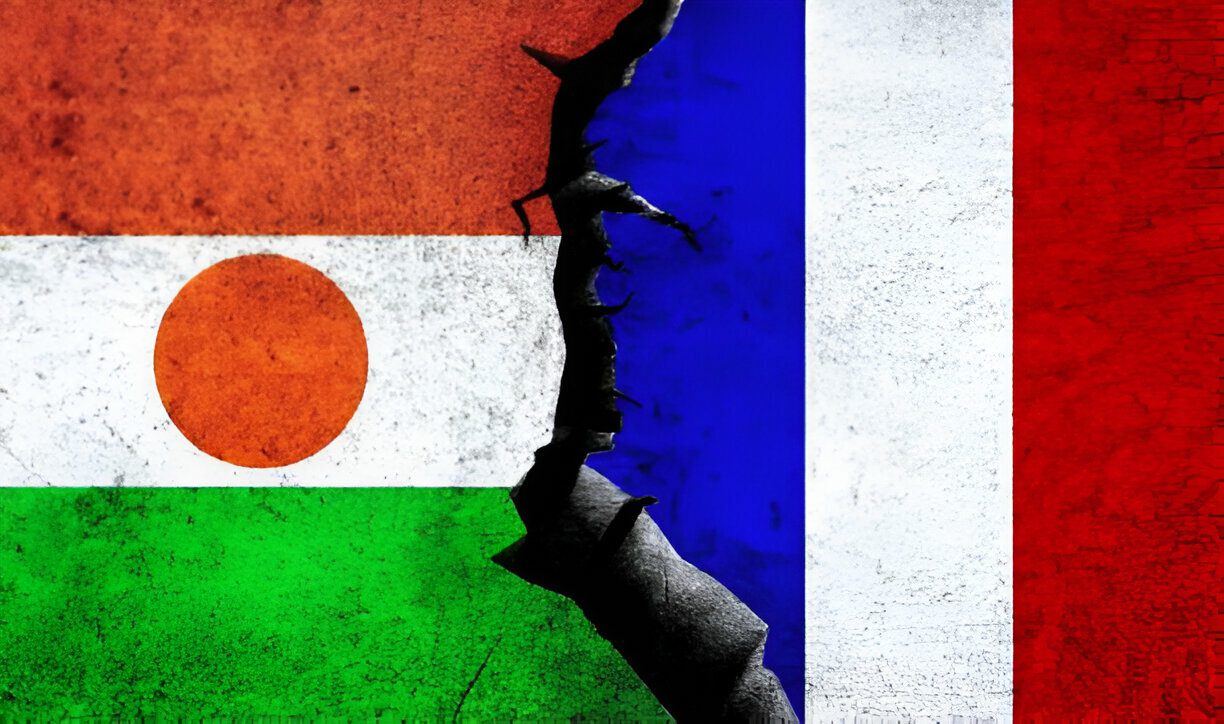Niger’s military government has rescinded the license of Orano, a French state-owned company, which permitted it to operate one of the world’s largest uranium mines in the West African country, as reported by AFP on Thursday.
Orano revealed that it has been barred from accessing the Imouraren mine in northern Niger, which contains an estimated 200,000 metric tons of uranium, a metal crucial for nuclear power plants and weaponry. This information was detailed in a press release exclusively obtained by AFP.
“Orano takes note of the decision by the Niger authorities to withdraw from its subsidiary Imouraren SA its license to work the deposit,” the company reportedly stated on Thursday.
In 2009, Niger awarded an operating permit to Imouraren SA, which is 66.65% owned by Orano and 33.35% by the Nigerien state-owned company Sopamin, to mine the deposit. Mining operations commenced in 2012, but progress was halted in 2015 due to a reported decline in global uranium prices following the 2011 Japanese nuclear disaster.
Nevertheless, the French nuclear fuel producer announced the resumption of activities at the site on June 4, employing dozens of people to advance the project, which is expected to create about 800 jobs, including subcontractors.
Orano has been active in Niger since 1971 and currently manages another uranium mine, Somair, in the northern Arlit region, following the closure of the Cominak mine in nearby Akokan in 2021. The Nigerien government holds a 33% stake in Somair, which has been operational for over five decades.
Niger ranks as the world’s seventh-largest uranium producer, contributing to 5% of the global output, according to the World Nuclear Association. In August of the previous year, the European Atomic Energy Community (Euratom) highlighted that the former French colony was the EU bloc’s second-largest supplier of natural uranium in 2022.
The uranium mines in Niger are vital for supplying Paris’ nuclear reactors, providing 15%-17% of the uranium used in France for electricity generation, as reported by French media.
Since assuming control of Niamey last July, Niger’s military regime has initiated a review of not only security agreements previously signed by the ousted civilian government with Western partners but also foreign mining concessions.
Shortly after the coup, the new leadership of the landlocked country banned uranium and gold exports to France and expelled French troops, with US forces set to depart by mid-September.
Previously, Orano had indicated that mining operations would continue despite the “security events” in the former French colony following the coup.
On Thursday, the French firm expressed its willingness to maintain open communication channels with Niger’s authorities regarding the revocation of its license to extract uranium at the Imouraren mine.
Orano stated that it reserves “the right to contest the decision to withdraw the operating permit before the authorities, competent judicial authorities, national or international.”

















